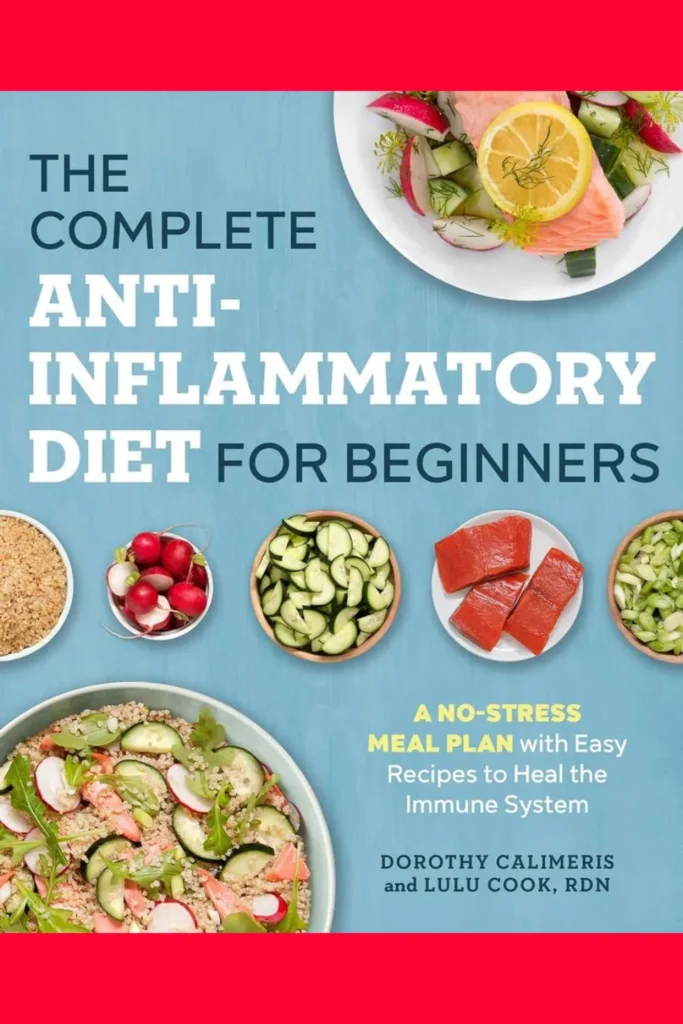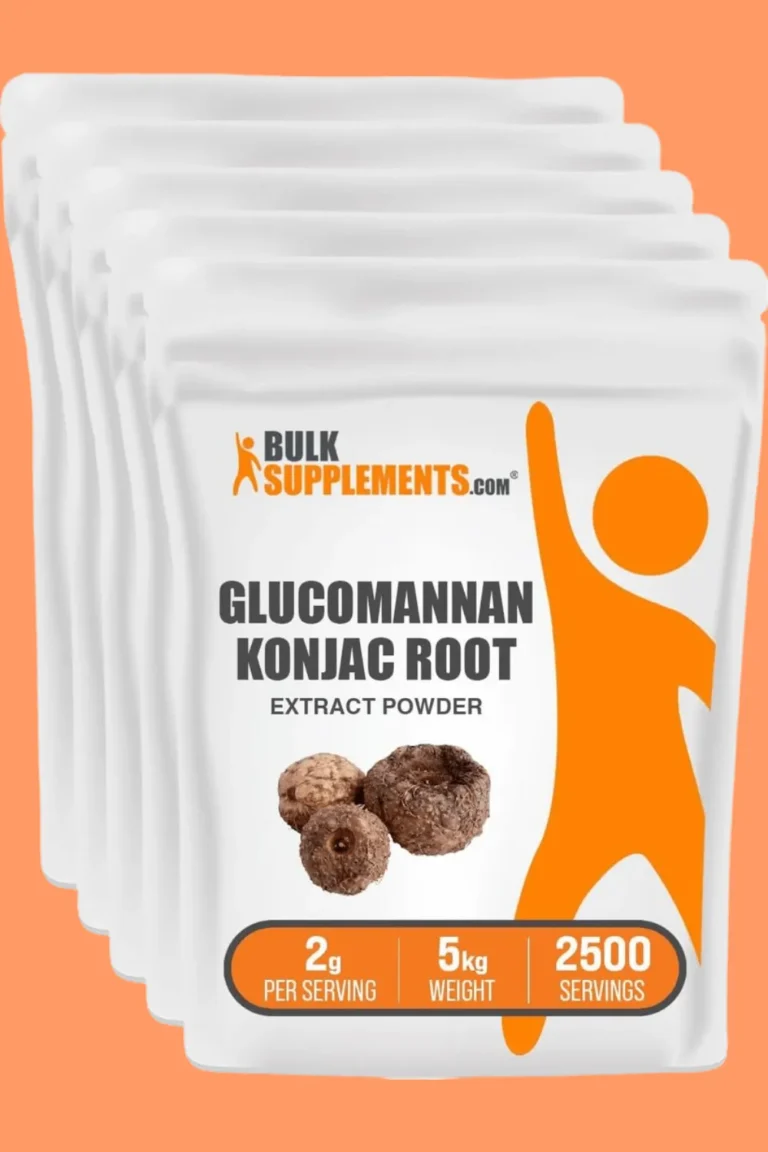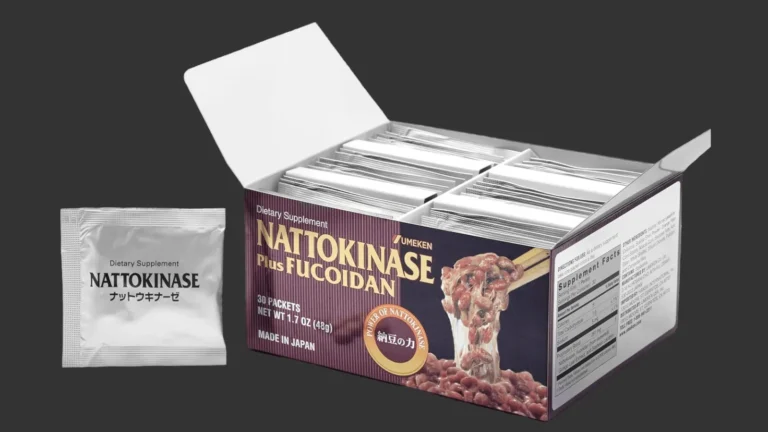Anti-Inflammatory Diet for Beginners
In the bustling world we inhabit, where convenience often trumps quality, our immune systems are constantly under siege from processed foods and hectic lifestyles.
Enter the Anti-Inflammatory Diet—a beacon of hope for those seeking to reclaim their health through mindful nutrition.
This beginner’s guide is your ticket to understanding how a carefully curated meal plan can not only tantalize your taste buds with easy recipes but also fortify and heal your immune system from within.
Imagine transforming your body into a sanctuary of wellness where inflammation is quelled with every delicious bite you take.
Embarking on this culinary journey doesn’t require the skills of a seasoned chef or the knowledge of a nutritionist.
Here, you’ll find simplicity at its finest—easy-to-follow recipes designed to introduce healing into your routine without overwhelming you.
This article is not just about adjusting what’s on your plate; it’s about embracing a lifestyle that brings balance back to your body, one mouthwatering meal at a time.
Let us guide you through this transformative process, showing you how food can indeed be the most potent form of medicine.
Table of Contents Anti-Inflammatory Diet for Beginners
Follow this anti-inflammatory meal plan
To support your journey towards healing your immune system and reducing inflammation, incorporating an anti-inflammatory meal plan into your daily routine can prove to be highly beneficial.
By following this carefully curated meal plan, packed with nourishing and easy-to-make recipes, you can actively combat inflammation and promote overall well-being.
The key is to focus on incorporating nutrient-rich foods such as leafy greens, colorful fruits and vegetables, whole grains, lean proteins, and healthy fats into your meals.
Additionally, incorporating herbs and spices with proven anti-inflammatory properties, such as turmeric, ginger, and garlic, can further enhance the anti-inflammatory benefits of your meals.
By prioritizing these nutrient-dense, anti-inflammatory ingredients, you can optimize your body’s ability to heal and support your immune system.
Discover easy, tasty recipes
In your quest to embrace the Anti-Inflammatory Diet for Beginners and heal your immune system, it is important to discover easy and tasty recipes that align with your goals.
By exploring a variety of flavorful options, you can enjoy delicious meals while nourishing your body.
Look for recipes that incorporate a wide range of colorful fruits and vegetables, whole grains, and lean proteins.
Experiment with different cooking methods and flavor profiles to keep your meals interesting and satisfying.
Remember, the key is to find recipes that not only support your health but also ignite your taste buds, making it easier to stick to the meal plan and maintain a balanced, anti-inflammatory lifestyle.
Heal your immune system naturally
To heal your immune system naturally, it is essential to focus on nourishing your body with nutrient-dense foods that promote optimal immune function.
Incorporate immune-boosting ingredients into your meal plan, such as citrus fruits rich in vitamin C, leafy greens packed with antioxidants, and foods high in zinc, like legumes and nuts.
Consider including herbs and spices known for their immune-enhancing properties, such as turmeric and ginger.
These ingredients can be easily incorporated into your recipes, adding both flavor and health benefits.
Additionally, prioritize hydration by drinking plenty of water throughout the day to support overall immune health.
By making these small changes to your diet, you can help strengthen your immune system and promote overall well-being.
Incorporate anti-inflammatory foods daily
To optimize your health and promote a balanced immune system, it is recommended to incorporate anti-inflammatory foods into your daily meals.
Including these foods in your diet can help reduce chronic inflammation, which is linked to various health conditions.
Focus on consuming plenty of fruits and vegetables, such as berries, leafy greens, and cruciferous vegetables, as they are rich in antioxidants and phytochemicals that combat inflammation.
Whole grains, such as quinoa and brown rice, can provide fiber and nutrients that support a healthy immune system.
Healthy fats found in avocados, olive oil, and fatty fish like salmon, are also beneficial due to their anti-inflammatory properties.
Incorporating these foods into your daily meals, along with easy recipes that feature these ingredients, will not only enhance the flavor of your meals but also promote healing and overall well-being.
Remember to consult with a healthcare professional or nutritionist to create a personalized meal plan that suits your specific dietary needs and goals.
Make healthy eating a priority
To ensure the success of your anti-inflammatory journey and reap the full benefits of the anti-inflammatory diet, it is crucial to make healthy eating a priority in your daily life.
Start by creating a meal plan that includes a variety of nutrient-dense foods that heal the immune system and reduce inflammation.
Choose easy recipes that incorporate the key ingredients of the anti-inflammatory diet, such as colorful fruits and vegetables, whole grains, and healthy fats.
By planning your meals ahead of time and having nutritious options readily available, you can avoid falling into the trap of unhealthy food choices when you’re short on time or feeling tempted.
Remember, consistency is key when it comes to making healthy choices, so make it a habit to prioritize your well-being by nourishing your body with wholesome, anti-inflammatory foods.
Reduce inflammation and bloating
Take control of your health and reduce inflammation and bloating by adopting the principles of an anti-inflammatory diet.
By following a meal plan that focuses on incorporating foods known for their anti-inflammatory properties, you can effectively heal your immune system and alleviate these uncomfortable symptoms.
Start by incorporating easy recipes that feature ingredients such as leafy greens, berries, turmeric, and omega-3 fatty acids.
These powerful foods work to combat inflammation and promote a healthy gut.
Additionally, be mindful of foods that may trigger inflammation, such as processed foods, refined sugars, and excessive amounts of alcohol.
By making conscious choices and embracing an anti-inflammatory lifestyle, you can take charge of your well-being and experience the transformative benefits of reducing inflammation and bloating.
Improve your overall well-being
To improve your overall well-being, it is essential to embrace an anti-inflammatory diet and make it a part of your daily routine.
By incorporating a variety of nutrient-dense foods into your meal plan, you can nourish your body and support its natural healing processes.
Start by focusing on easy recipes that include an abundance of colorful fruits and vegetables, whole grains, lean proteins, and healthy fats.
These foods are rich in antioxidants, vitamins, and minerals, which can help to reduce inflammation and boost your immune system.
Additionally, prioritize hydration by drinking plenty of water throughout the day.
Alongside a balanced diet, engaging in regular physical activity and managing stress levels are also crucial for enhancing your overall well-being.
By adopting these lifestyle changes, you can promote optimal health, increase energy levels, and cultivate a sense of vitality and vitality that will positively impact every aspect of your life.
Take control of your health
In order to take control of your health, it is important to acknowledge that your immune system plays a vital role in your overall well-being.
By following an anti-inflammatory diet, you can provide your body with the necessary nutrients to heal and strengthen your immune system.
Implementing a carefully crafted meal plan that includes a variety of easy recipes will ensure that you are nourishing your body with the right foods.
These recipes should consist of ingredients known for their anti-inflammatory properties, such as leafy greens, berries, fatty fish, and nuts.
By incorporating these foods into your diet, you are not only reducing inflammation, but also promoting optimal health and wellness.
Remember, healing your immune system and taking control of your health is a journey, but one that will yield long-term benefits for your overall well-being.
As you can see, an anti-inflammatory diet can have numerous health benefits for beginners.
By incorporating whole, nutrient-dense foods and avoiding processed, high-sugar options, you can reduce inflammation in your body and improve your overall well-being.
Remember to consult with a healthcare professional before making any major changes to your diet, and to listen to your body as you adjust to this new way of eating.
With dedication and patience, you can reap the rewards of an anti-inflammatory diet and live a healthier, more vibrant life.
FAQ
What are the key principles of an anti-inflammatory diet for beginners?
When starting an anti-inflammatory diet, focus on incorporating whole foods like fruits, vegetables, nuts, seeds, and whole grains.
Limit processed foods, sugars, and unhealthy fats.
Stay hydrated and include plenty of antioxidants in your meals.
Opt for lean protein sources and choose cooking methods like baking, steaming, or grilling over frying.
Lastly, listen to your body and pay attention to how different foods make you feel.
By following these principles, you can begin to reduce inflammation in your body and improve your overall health.
What are some common foods to include in an anti-inflammatory diet?
In an anti-inflammatory diet, you should focus on incorporating foods like leafy greens, berries, fatty fish, nuts, and seeds.
These foods are rich in antioxidants and omega-3 fatty acids, which can help reduce inflammation in your body.
Additionally, including turmeric, ginger, and green tea in your diet can also have anti-inflammatory effects.
By prioritizing these foods, you can support your overall health and well-being by reducing inflammation in your body.
Are there any foods that should be avoided in an anti-inflammatory diet?
In an anti-inflammatory diet, it is best to avoid processed foods, sugary drinks, refined carbohydrates, and trans fats.
These foods can trigger inflammation in your body and worsen any existing conditions.
Opt for whole, nutrient-dense foods like fruits, vegetables, whole grains, nuts, seeds, and fatty fish to help reduce inflammation and promote overall health.
Remember to listen to your body and pay attention to how different foods make you feel to determine what works best for you in your anti-inflammatory diet.
How can someone transition to an anti-inflammatory diet if they are used to eating processed or inflammatory foods?
To transition to an anti-inflammatory diet from processed or inflammatory foods, start by gradually replacing processed items with whole foods like fruits, vegetables, and whole grains.
Incorporate healthy fats like avocados and nuts, and opt for lean proteins.
Experiment with herbs and spices to add flavor without relying on processed sauces.
Stay hydrated and aim for consistent meal times to regulate blood sugar levels.
Listen to your body and be patient with yourself during this transition.
Over time, your taste buds will adjust, and you’ll begin to feel the positive effects of a more balanced, anti-inflammatory diet.
What are the potential health benefits of following an anti-inflammatory diet for beginners?
By following an anti-inflammatory diet as a beginner, you may experience reduced inflammation in your body, leading to decreased risk of chronic diseases like heart disease and diabetes.
Additionally, you may notice improvements in digestion, skin health, and overall energy levels.
Incorporating anti-inflammatory foods such as fruits, vegetables, whole grains, and healthy fats can help support your immune system and promote overall well-being.
Remember to consult with a healthcare provider before making significant dietary changes.







